
OR
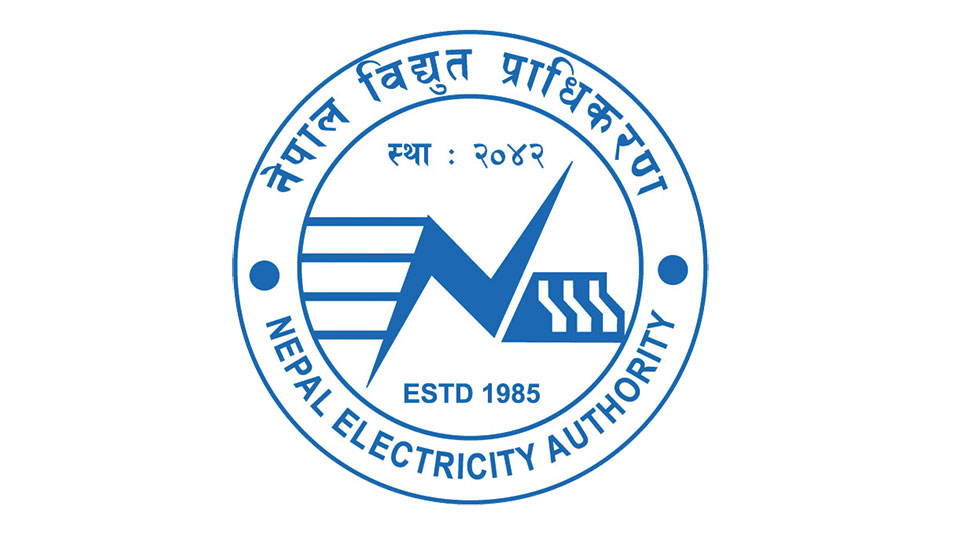
Experts say this could widen trade deficit
KATHMANDU, Nov 14: Nepal Electricity Authority (NEA) is mulling a hike in electricity tariff at a time when the government is trying to reduce fuel imports and check the ever-widening trade deficit through increased production and use of electricity.
The country is likely to face an electricity surplus soon, and NEA's plans to increase power tariff instead of reducing it to encourage consumption has drawn criticism.
According to the Electricity Regulatory Commission, the state-owned power utility has proposed raising the tariff by an average of 15 percent. “In proposing new tariffs, the utility is segregating consumers into 25 sub-types,” said Dilli Bahadur Singh, chairperson of the commission.
NEA officials are citing the rise in production and distribution costs to back up the hike proposal. “In the past two years since NEA last revised its tariff, its managerial costs have gone up substantially,” said a NEA source on condition of anonymity.
The NEA move comes at a time when the country is heading toward surplus power production and sluggish demand. According to NEA sources, the peak hour demand for electricity this year is around 40 percent below projection. While the demand was expected to be around 2,225 MW during the recent Tihar, which is celebrated as a festival of lights, it was only around 1,170 MW, states a NEA report.
The government has announced that it will take domestic power consumption to 10,000 MW by 2028. Similarly, NEA has projected energy demand growth of 10 percent every year. “However, if the tariff is increased, it will reduce demand as people try to balance their budgets,” said Purushottam Ojha, a former commerce secretary and an expert on trade matters.
The government time and again talks about replacing the use of imported fuel with increased consumption of electricity to address the country's widening trade deficit. “Increased power tariff would only shift the emphasis to fossil fuel imports and further aggravate the trade imbalance,” Ojha said.
According to Nepal Rastra Bank, the country's trade deficit in the last year rose 13.5 percent to Rs 1.32 trillion. Nepal had spent Rs 213.35 billion on import of petroleum products out the total import bills of Rs1.41 trillion. Fuels import accounted for 15 percent of total imports.
Ojha said a higher electricity tariff would also make exports dearer as manufacturers are likely to pass on the production cost to the final consumers. “It will make domestic products less price-competitive in markets abroad,” he said.
Meanwhile, the Electricity Regulatory Commission has turned back NEA's tariff hike proposal, asking the utility to come up with a better justification. “On Wednesday, we wrote a letter to NEA asking it to furnish particulars for justifying a tariff increase,” said Commission Chairman Singh. The commission is in the process of enforcing its Consumer Tariff Directive, which aims to curb the state power monopoly's ability to revise tariffs unilaterally. Under the directive, NEA can forward new rates on the basis of its annual revenue requirements, operation costs, expenses earmarked for new projects, and loan and interest repayment obligations, among other things. Singh said they would consider NEA's tariff hike proposal after it meets these criteria. “We will then seek feedback from various stakeholders, including through public hearings across the country,” he added. According to Singh, the commission will endorse the new directive and put it into effect from next week.
You May Like This
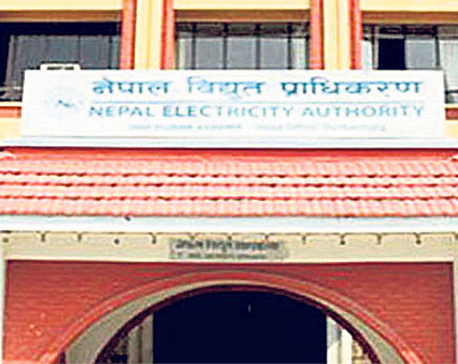
NEA losing Rs 1.8 billion per month as energy consumption
KATHMANDU, April 9: The halt in industrial activities in the country due to the ongoing lockdown is expected to cause... Read More...

NEA proposes tariff reduction for household users
KATHMANDU, Jan 31: Nepal Electricity Authority (NEA) is preparing to revise electricity tariff for household consumers to increase electricity consumption. ... Read More...
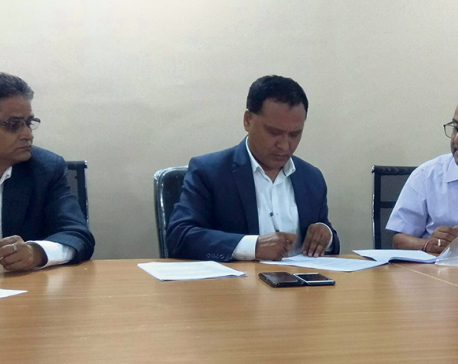
NEA to sign performance agreement with staffers to control power leakage
KATHMANDU, Oct 20: Nepal Electricity Authority (NEA) is planning to sign performance agreement with its staff to control power leakage... Read More...
Just In
- NC to boycott Gandaki Province Assembly, submits letter to Speaker
- 850 grams of gold seized from Indian national at TIA
- Rupandehi District Court orders to release Dipesh Pun on a bail of Rs 400,000
- Teachers’ union challenges Education Minister Shrestha's policy on political affiliation
- Nepal sets target of 120 runs for UAE in ACC Premier Cup
- Discussion on resolution proposed by CPN-UML and Maoist Center begins in Koshi Provincial Assembly
- RBB invites applications for CEO, applications to be submitted within 21 days
- Telephone service restored in Bhotkhola after a week








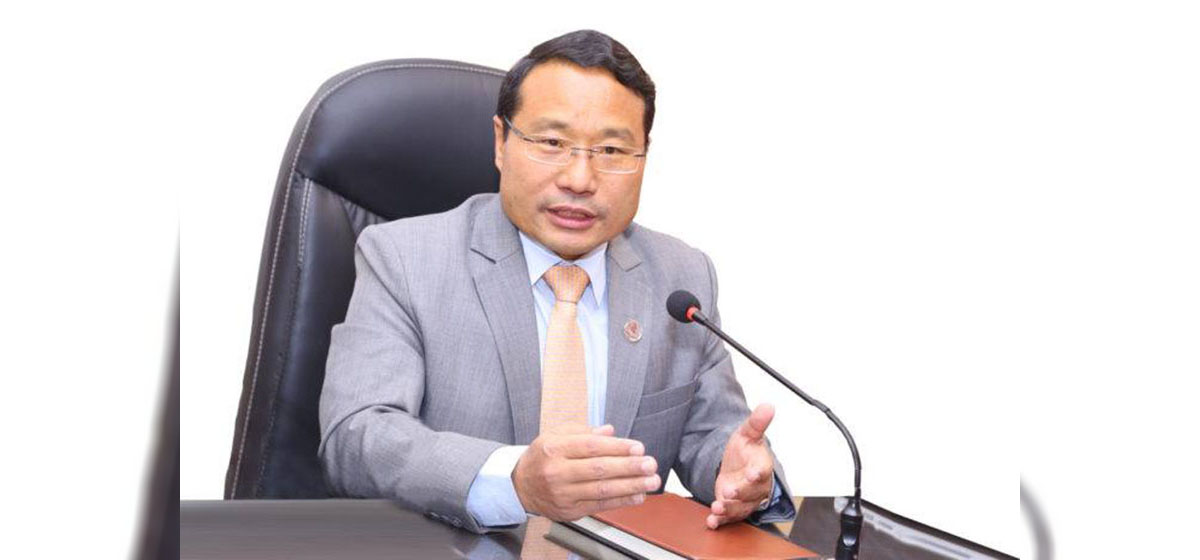


_20240311121839.jpg)



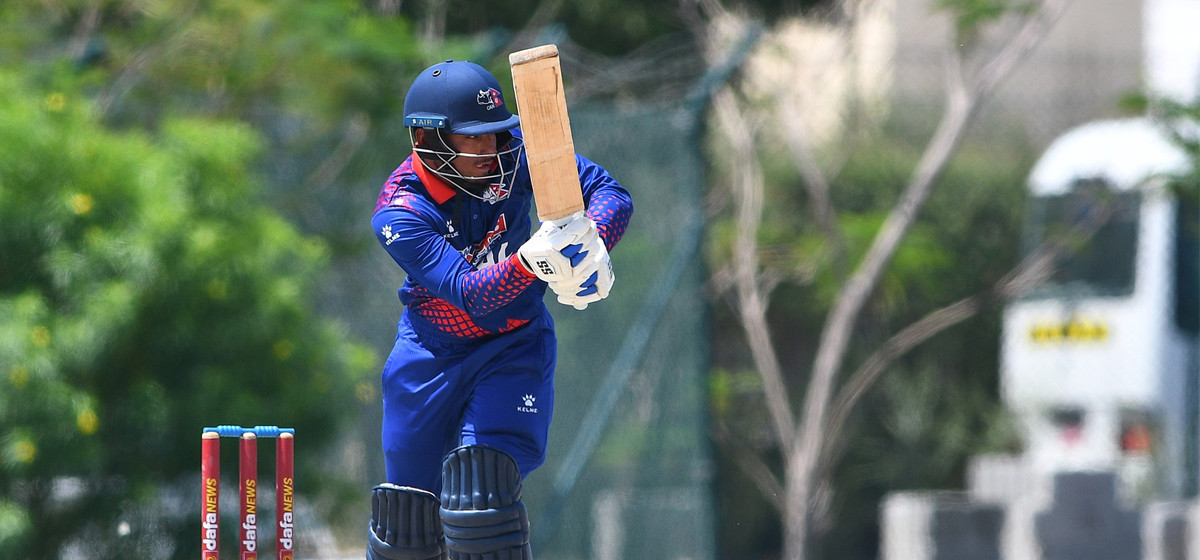
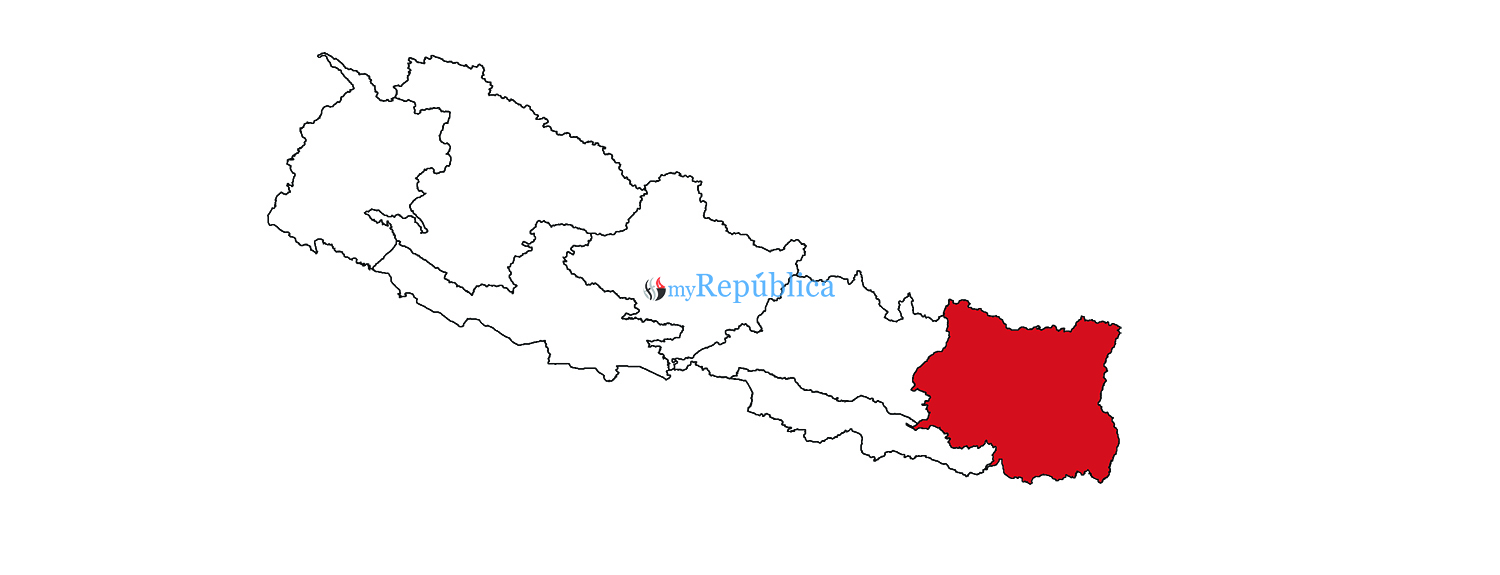
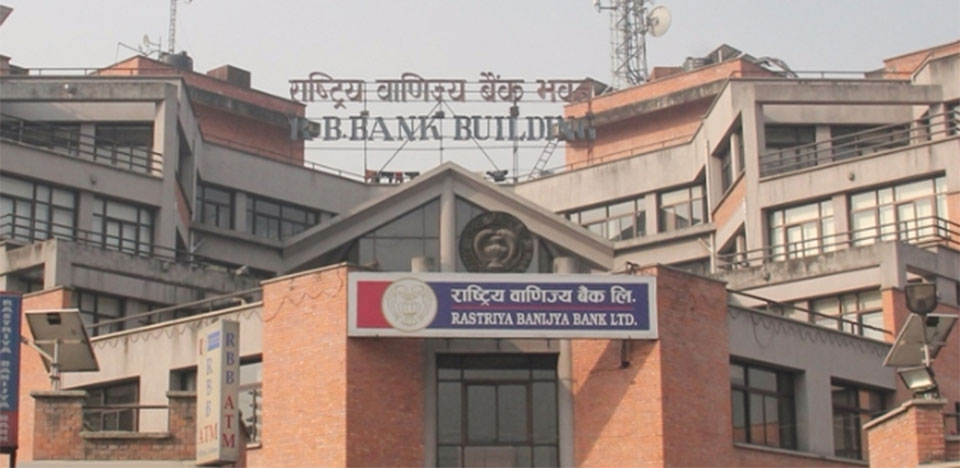
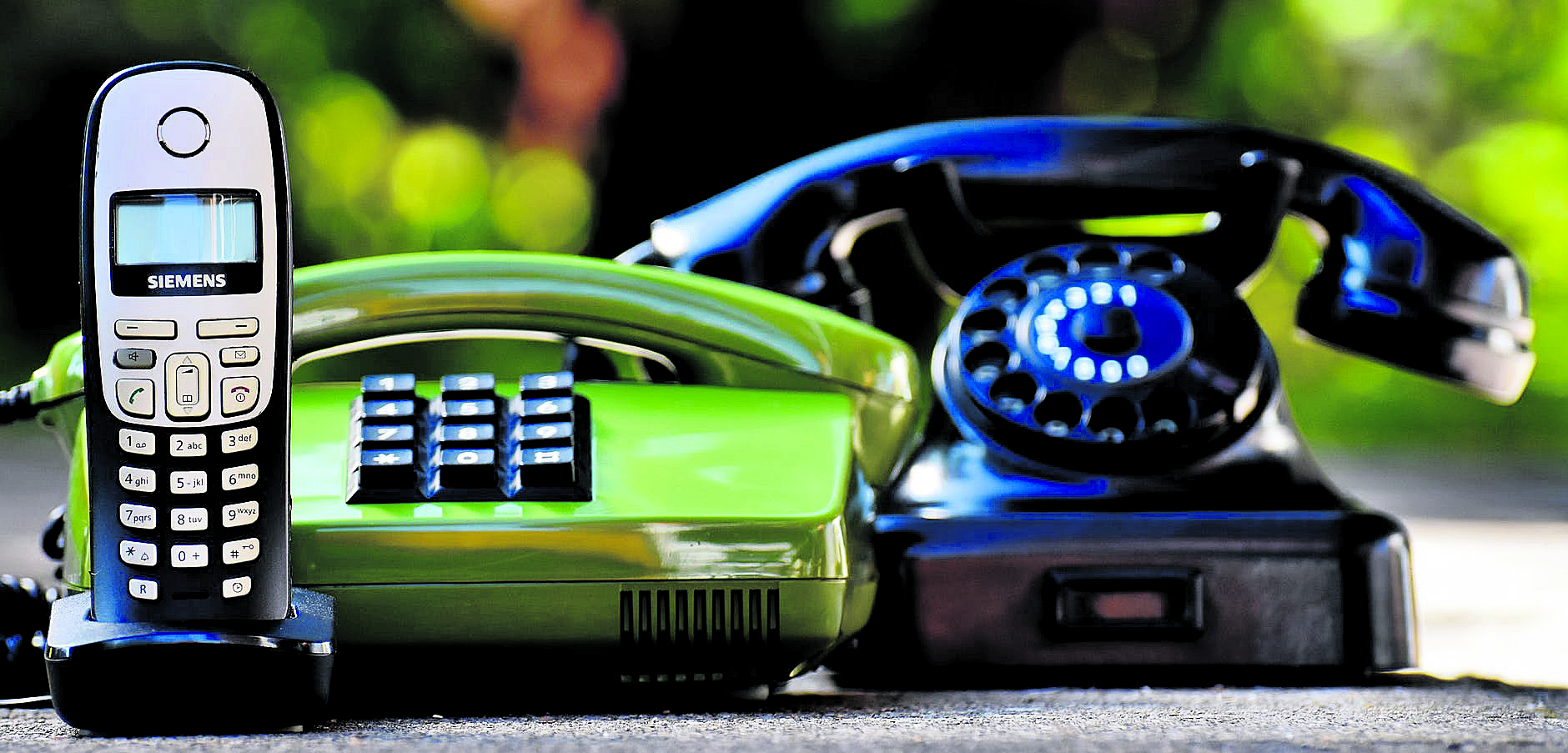
Leave A Comment